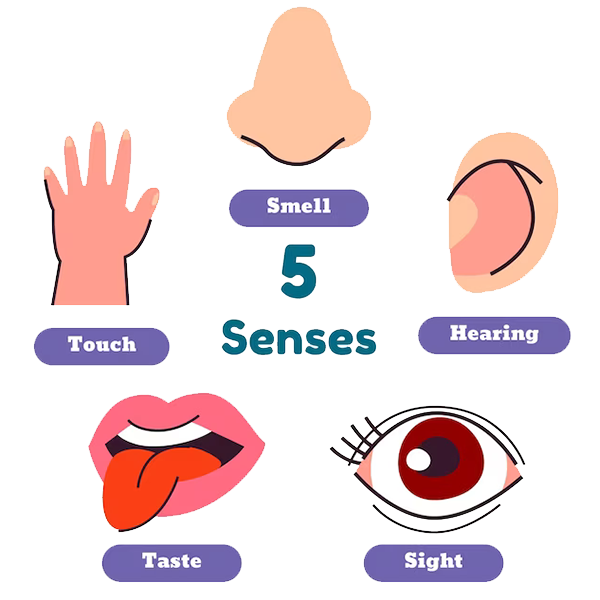How does learning work?
 Learning activity: Describing how learning works
Learning activity: Describing how learning works
We’ve all had experiences learning and hold beliefs about how it works that arise from our cultures, experiences, and values. There is also a large body of literature from education, cognitive science, and psychology about how learning works, including conditions for ideal learning, and what makes some learning approaches and learning environments less effective (or damaging for learning).
1. a) In your Workbook, describe how learning works from your perspective.
b) Continue on in the same space, adding details to your answer. You can consider questions such as: what makes learning hard? What helps you learn best? What kinds of things do you remember or can you still do a week after the learning session? A year later?
2. Take a look in Discord at the strategic learning channel, where you can share all or part of your answer. You will also find some answers given by other graduate students . What do you notice? Any similarities, differences, surprises, things you hadn’t thought of, things you don’t agree with? Please write your thoughts in your Workbook and feel free to add them in Discord, too.
There are now decades of research about learning. It is a complex, non-linear endeavour! In the video about How learning works, we describe key learning processes and skills that are needed for effective learning. You’ll see why we asked you about your own knowledge and experiences first, too. As you watch the video, see if there’s anything you’d like to add or change about your own description of learning.
Source: Freepik

Source: Images by 1. storyset, 2. Freepik, 3. rawpixel.com, 4. juicy_fish, 5. storyset, 6. storyset, 7. storyset, 8. storyset, 9. storyset on Freepik